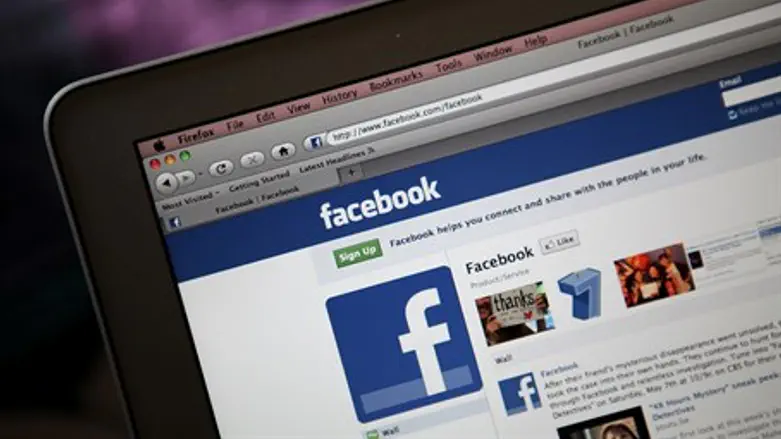
Almost four out of every five Israeli youths has encountered anti-Semitism on social networks, the Anti-Defamation League found. This is the highest amount in the past three years.
The survey, which questioned 500 Israelis between the ages of 15 and 18, was carried out by the Geocartography Knowledge Group.
Eighty-four percent of the respondents reported that they witnessed clear anti-Semitic material online in 2015. Of these, 16 percent said that the content was sent directly to them.
By comparison, 69 percent of teens reported encountering anti-Semitic material in 2013, and 13 percent said they received it directly.
Most said that they encountered anti-Semitic content at least once per month, and sometimes once per week. Some answered that they saw anti-Semitic materials every day.
"As a highly developed and technologically savvy society in a volatile neighborhood, it is perhaps not surprising that Israeli youths more than ever before are being exposed to anti-Semitic hate on social media," said ADL CEO Jonathan Greenblatt.
He added that "It serves as a powerful reminder of the power of social networks and their ability to be used, and abused by those who seek to poison the internet with hatred of Jews."
The survey began with a definition of anti-Semitism, showed several forms of anti-Semitism, and asked whether the youths encountered such anti-Semitism online.
Ninety-four percent of those questioned reported that they were exposed to anti-Semitic content through Facebook posts and comments on web sites. Ninety-two percent testified to seeing anti-Semitic caricatures, pictures and symbols.
Eighty-nine percent of respondents said that they encountered anti-Semitic pages on social networks, while 88 percent said they saw anti-Semitic videos or songs and 73 percent said they saw anti-Semitic sites.
The teens were also asked about which popular social networks contained the materials. The data shows that 76 percent were exposed to anti-Semitism on Facebook, 47 percent on Youtube, 39 percent on Instagram, 31 percent on Twitter, and 18 percent on Whatsapp.
Almost 40 percent of those who encountered anti-Semitism said that they did not take any direct action to report it or to respond, compared with 33 who answered the same in 2013.
The poll also looked into the extent that teens are exposed to anti-Israeli content. A similarly high number of youths reported that they encountered such items. Eighty-two percent said that they saw anti-Israeli messages or content on Facebook posts, tweets, and other social network pages. Most responders reported encountering anti-Israeli content at least once per month.